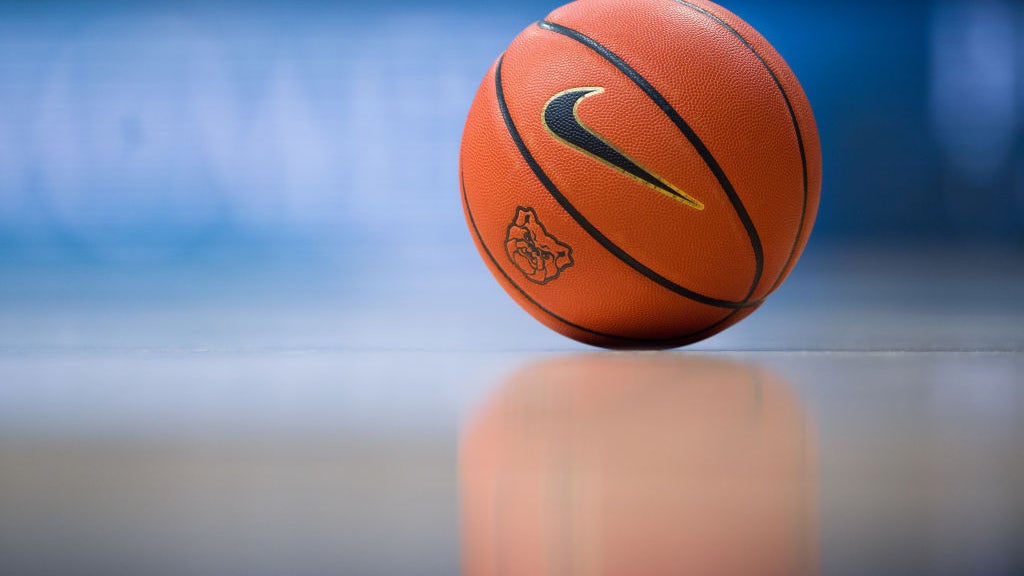The NCAA said making transgender players' eligible for teams on a sport-by-sport basis provides consistency between collegiate sports and the Olympics. The guideline changes have left some confused and others disappointed.
Falling in line with the U.S. and International Olympic Committees, the NCAA Board of Governors has approved a sport-by-sport approach for allowing transgender athletes to compete, the Associated Press reported.
Under these new guidelines, transgender participation in a sport will be decided by said sport’s national governing body. This means that each transgender athlete's participation will be under review and based on a recommendation to the Board by an NCAA committee.
In the cases where the sport does not have a governing body, their international federation policy would be observed, the policy stated. If there is no international federation policy, previously established IOC policy criteria kicks in.
A recent NCAA statement says that the decision was made to provide consistency between collegiate sports and the Olympics.
“Approximately 80% of U.S. Olympians are either current or former college athletes,” NCAA President Mark Emmert said in a release. “This policy alignment provides consistency and further strengthens the relationship between college sports and the U.S. Olympics.”
In the event that this policy change causes a transgender student athlete to lose eligibility to compete, but they meet the NCAA’s new guidelines, the Board of Governors suggested the NCAA divisions leave room for additional eligibility.
“We are steadfast in our support of transgender student-athletes and the fostering of fairness across college sports,” Georgetown President John DeGioia said in a release. “It is important that NCAA member schools, conferences and college athletes compete in an inclusive, fair, safe and respectful environment and can move forward with a clear understanding of the new policy.”
The guideline changes have left some confused and others disappointed.
"After 'monitoring the situation' around anti-trans sports bills & their own calls for more research before even considering updating VERY out-of-date language in the 2010 policy, NCAA whipped up a ridiculously complex policy that will prove impossible for them to follow," transgender athlete and advocate Chris Mosier wrote on Twitter.






